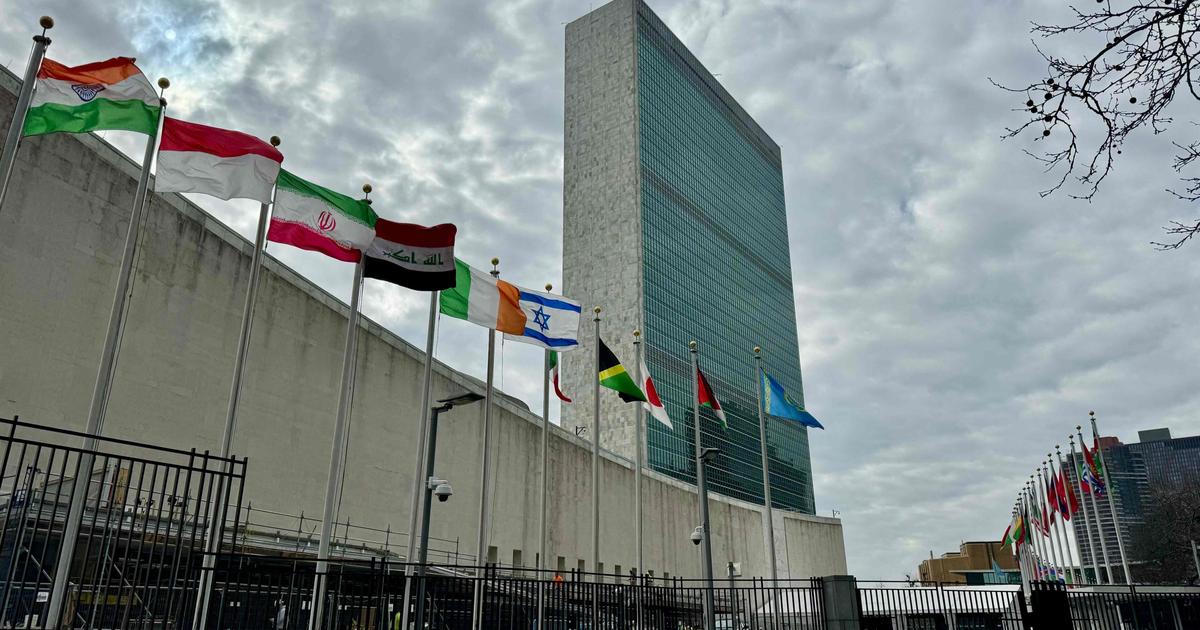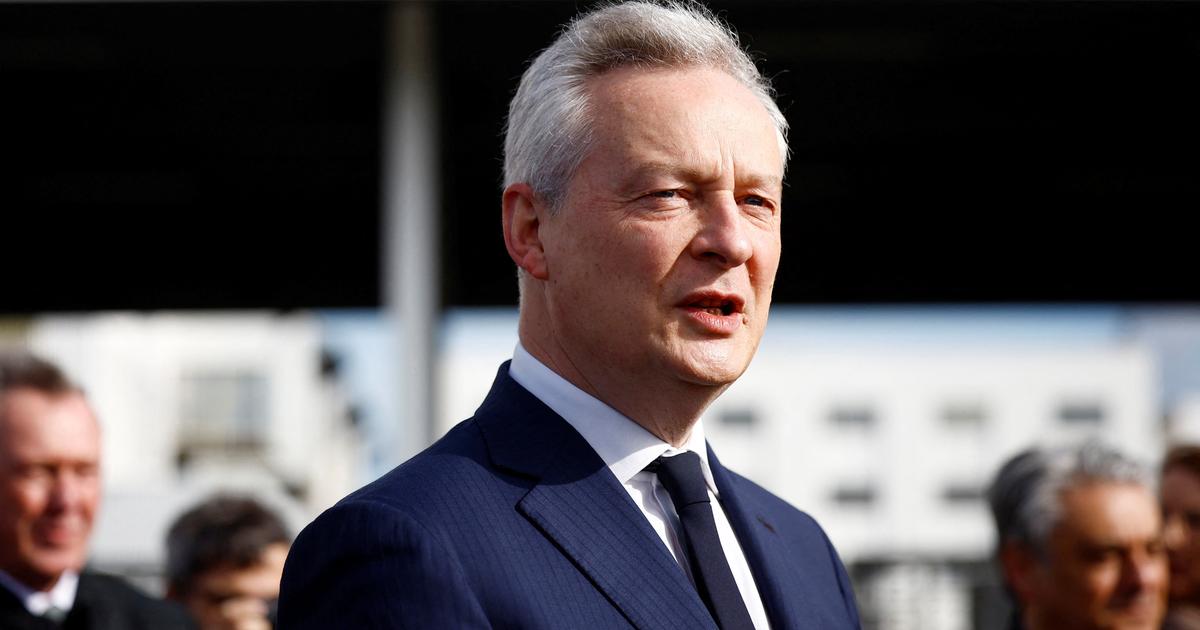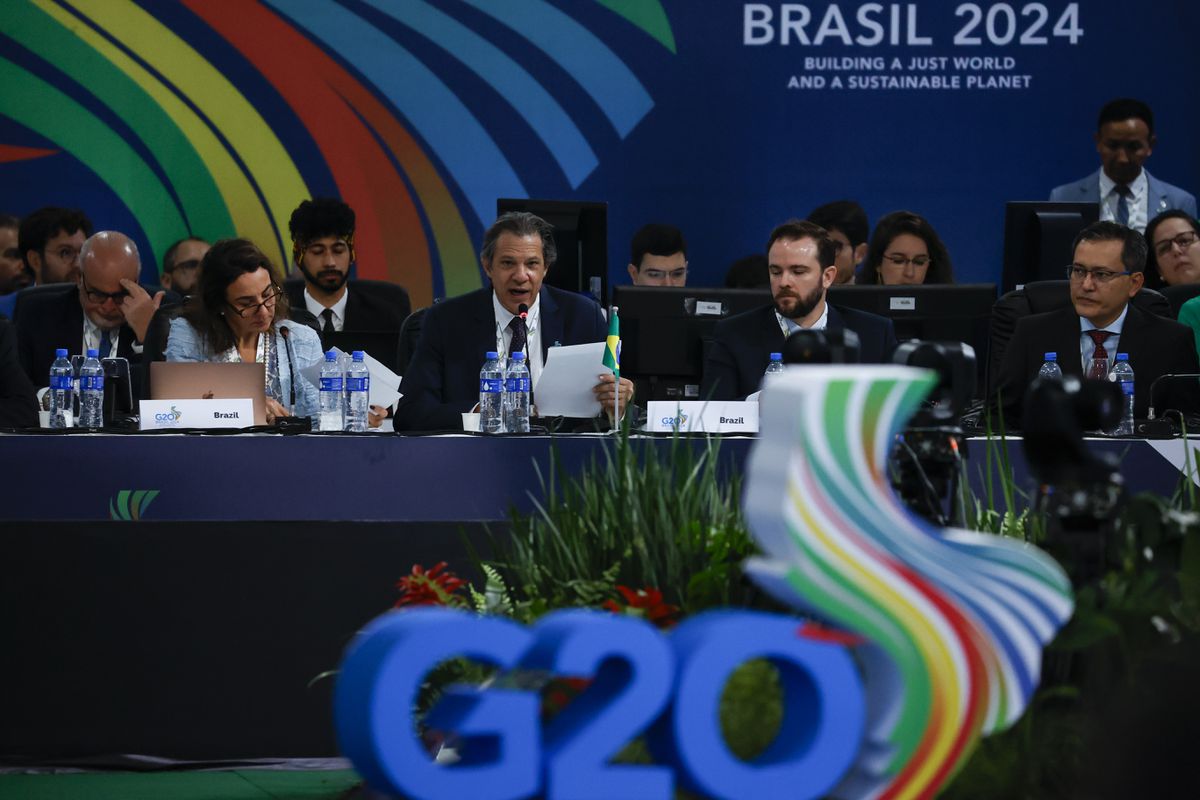A European minimum tax on multinationals is getting closer: after months of tug of war, the Twenty-seven have finally reached an agreement.
The key is in the change of position of Hungary, which has lifted its veto and has unblocked the situation in the Council of the EU.
In exchange, you will get a milder punishment for violating the rule of law.
This political consensus must now be formally adopted through the written procedure, but the most difficult stumbling block, achieving the unanimity required for fiscal matters, has been overcome.
Member States will have to implement the new rules by December 31, 2023.
"The [European] Commission welcomes the unanimous agreement announced last night by the Czech Presidency of the Council of the EU on the Commission's proposal for a directive guaranteeing a minimum effective tax rate [of 15%] for large multinational groups," points out the Community Executive in a note published on Monday after the Council meeting, in which the minimum rate has not been the only transfer of Budapest.
The ultra-conservative government of Viktor Orbán has also accepted the aid package of 18,000 million for Ukraine, which it opposed due to its proximity to Russia.
With the agreement on the new tax, Brussels will transpose the pact reached last year between almost 140 countries within the Organization for Economic Cooperation and Development (OECD).
The initiative includes a common set of rules for calculating the 15% floor, which will affect companies with a turnover of more than 750 million euros per year.
"They will apply to any large group, both national and international, with a parent company or subsidiary located in an EU Member State," the Commission statement details.
In practice, if the subsidiary of a company pays less than 15% in corporate tax in one of the foreign countries where it operates, the State where the parent is based may apply a "complement" tax to reach the threshold of fifteen%.
The European directive also provides for guaranteeing effective collection when the parent company is outside the EU, in a low-tax country that does not apply equivalent regulations.
Blocking
The agreement promoted by the OECD - for which he worked for years - obtained the
yes
of almost 140 jurisdictions last year, with the aim of modifying international tax rules that have become obsolete with globalization and the rise of digital businesses.
Several members of the EU, including Spain, France or Italy, have been fervent promoters of this initiative, which could provide up to an additional 83,000 million to the community bloc and which would partly serve to amortize the recovery fund.
But others have been strongly opposed in recent months, led by the ultra-conservative governments of Poland and Hungary.
Warsaw opposed the rule and blocked Ecofin, the body that brings together European finance ministers, last spring, when France presided over the EU Council and most member states had closed ranks around the new tax.
He argued that the application of the minimum rate was not accompanied by the second star initiative that is part of the OECD agreement —and whose technical details are yet to be finalized—: that multinationals pay a part of taxes in the territories where they operate and generate profit even though do not have a physical presence.
Brussels offered in exchange a commitment to press for the international negotiations to advance more quickly.
A few months later, it was Hungary that vetoed the approval of the minimum rate, using the same arguments as Poland as an excuse,
Orbán's turn that has allowed the unlocking of the project does not come from a sudden change of opinion.
It has been the bargaining chip so that the sanction against Budapest for not completing the list of justice and anti-corruption reforms on time was less severe than the one initially proposed: the Council of the EU has decided to freeze 55% of the structural funds to Hungary instead of 65%.
Even so, it is a historic decision: it is the first time that the EU has suspended transfers to one of its partners for violating the rule of law.
Paolo Gentiloni, EU Commissioner for the Economy, has commented that the agreement on the minimum rate of 15% represents “a victory for equity, diplomacy and multilateralism.
The European Commission never gave up on this deal and I am proud to see it come to fruition (...).
Now we must concentrate our efforts on finalizing the discussions on the other pillar of the global agreement, which focuses on taxing the largest multinational groups, and incorporating it into EU law.
Subscribe to continue reading
Read without limits
Keep reading
I'm already a subscriber








/cloudfront-eu-central-1.images.arcpublishing.com/prisa/DNMPMYRY3S5QCGBXIIUDFCL7MU.jpg)






